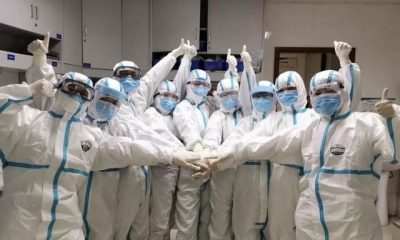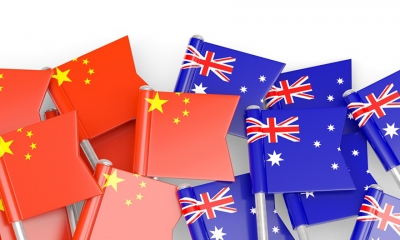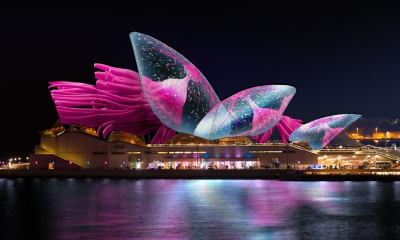Understanding Is the Challenge of Our Age
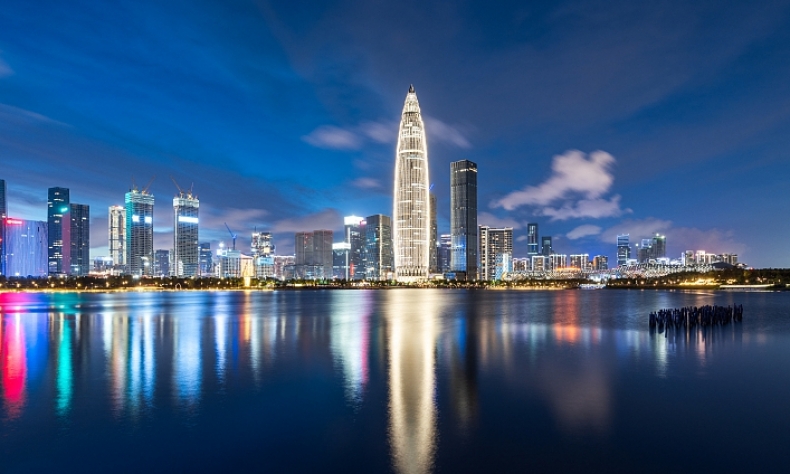
China is certainly complex, but understanding some of its key achievements, and key challenges, is essential if we are to make progress on the questions ahead of us.
Understanding is the challenge of our age. Not only understanding China, but understanding each other, and understanding those things needs cooperation, from transformative new technologies to the urgent need to address climate change. I worry that we have wasted so many opportunities in recent years to build understanding, but I remain optimistic that it is not too late. Understanding that we need to respect each other, to walk in each other’s shoes, is the only way to begin. At this important time in China’s history, I am honoured to be asked to write a few words about my humble attempts, my first hesitant steps towards understanding.
I have had the privilege to work with and make friends with people in China for more than two decades, including living in Shanghai, briefly, and Beijing, for a longer time. I have travelled to many different, fascinating places in China, enjoyed some of the most incredible food, had some of the most insightful conversations.
But I don’t pretend to understand China. I do try every day to learn something new. Every day I am surprised and every day I learn something new about myself or about my own country too. All are complicated, as anything involving human beings is always complicated. I am frustrated when people brand a country – yours or mine – as “good” or “bad”. We are all a work in progress and we all have flaws but also great potential. China is certainly complex, but understanding some of its key achievements, and key challenges, is essential if we are to make progress on the questions ahead of us.
One thing we can all celebrate is the impressive economic transformation of China. The dramatic growth of China’s economy in the recent decades of reform and opening up has improved the lives of hundreds of millions of people, providing new opportunities, new prosperity and greater happiness. Because of the scale of this economic transformation, and the huge numbers of people whose lives are forever improved, China’s modernization can only be comprehended as one of the great events of human history. China’s economic success has also created jobs and opportunities in other countries, from supplying China with goods and services and receiving welcome investment in new infrastructure and industry development. China has become integral to the interdependent globalized economy of the twenty first century, and accounts for about one third of global growth.
Prosperity is important, especially for those who live on the lowest incomes, for whom every yuan – or dollar – counts. But something else is just as important. That is peace. Because without peace, law and order, life and livelihoods are at risk. The fact that China’s transformation into a major world power has occurred peacefully is something very significant. While there will inevitably be areas of disagreement and tension between nations, overall the experience of China’s growth in recent decades has been a story of peace. This should not be overlooked in the day-to-day geopolitical debates, which focus too much on worst case threat scenarios rather than managing more realistic risks. We don’t have to look very far from China’s neighborhood, or indeed many places in the world, where conflict is the rule rather than the exception, to understand how such conflict stifles the hopes and aspirations of people, and causes unnecessary suffering. China will gain nothing from conflict, and will lose much, which makes its geopolitical rise a phenomenon unlike the rise of many other powers in recent history.
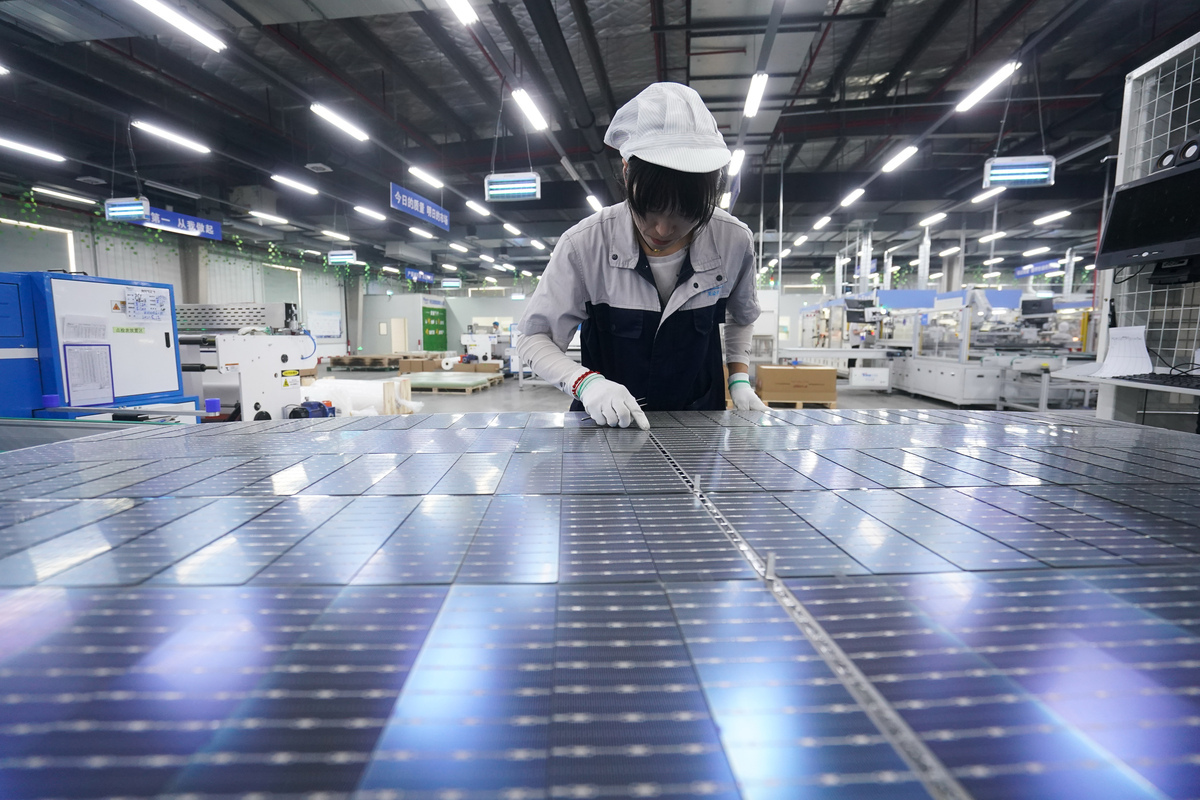
These are difficult times, though. We all seem to have fallen into habits of blame, anger, humiliation, tit for tat actions at the international level, as if global politics is a playground game. This is what happens when the relationships between nations and civilizations become dysfunctional, reduced to emotions rather than realistic interdependence. We have a crisis of trust, geopolitical contest, pandemic, economic crisis and rising ethno-nationalism in too many corners of the world. This is a sad situation, but it can pass if wise leaders step back from confrontation and seek solutions rather than stirring symptoms of the problems. I think understanding requires us to resist pointing the finger and describing one party or one group, and never ourselves, as being at fault. Rather, we need to accept that a period of change, of transition, is confusing and even frightening for many. One thing is certain, though, we are going to need to figure out how to cooperate in this new era, because there are massive, new challenges on the horizon and we will not be able to face them while we remain divided and squabbling.
One challenge is understanding the new technologies of the fourth industrial revolution. Deploying these new technologies is the key for China to avoid the middle-income trap. Artificial intelligence, big data, autonomous vehicles and all the other new technologies coming our way in the years ahead will bring with them, however, huge questions of safety, privacy, security, and these problems will cross national borders. I believe these can all be solved with new rules and norms for how we develop and manage these new technologies, just as we have in the past developed pragmatic international rules and norms for aviation, communications, nuclear energy and in many other fields. But it will take understanding of each other’s needs, and a healthy dose of cooperative spirit between nations, to figure out how to roll out these new technologies in ways that make our lives better, rather than to fall into new traps of “weaponized” technologies that undermine trust.
The other huge challenge is of course the climate crisis threatening our future if we do not act to reduce global warming in our generation. Acting alone will not be enough, we need to work together. That will require certainty of global and regional policy frameworks, international rules and standards, and cooperation in rolling out new clean, green solutions throughout global value chains. Global warming concerns factor into every aspect of the future global economy, from energy to urban planning and transport, from agriculture and fisheries to smart waste solutions. Again, before such cooperation is possible, we need understanding, of how each nation, including China, will take up this great responsibility to protect our future. Indeed, China has a major role to play and its leadership in solar power, innovative clean technologies and its commitments to achieve peak carbon emission by 2030 and carbon neutral by 2060 point the way forward.
We could all do with more understanding. Usually, understanding starts with some self-reflection. Yet, countries around the world are currently gripped by crisis, with this decade’s grave problems thrust upon them. Leading international powers, like the United States and the European Union, also have their own deep internal problems distracting them from building greater international understanding and cooperation. China therefore has a unique opportunity to show leadership, just as it did with economic transformation in recent decades, by now seizing the opportunities of new technologies and battling climate change. If China can address these huge challenges, while delivering greater prosperity, we will indeed have much to celebrate.
 Facebook
Facebook
 Twitter
Twitter
 Linkedin
Linkedin
 Google +
Google +




